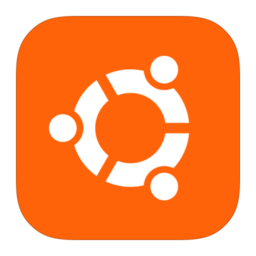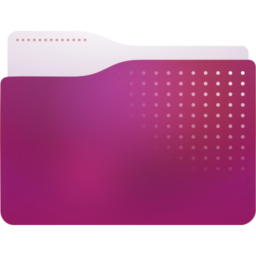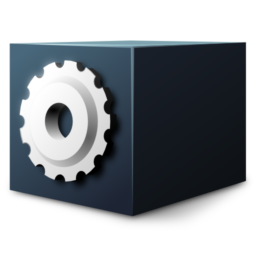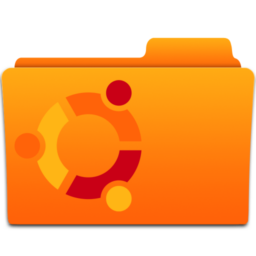Category: CMS
-

Date:
How to Install Cacti on Ubuntu Linux
Cacti is a LAMP/LEMP-based network monitoring software that provides insights and simplifies log data from networking devices. The software requires installation of…
-

Date:
How to Install TriTan CMS with Apache on Ubuntu Linux
TriTan is an open-source, lightweight Content Management System (CMS) and framework that doesn’t require a database and provides native markdown support. This…
-

Date:
How to Install Rubedo CMS on Ubuntu with Apache
Rubedo is an open-source PHP CMS and eCommerce platform founded on Zend Framework, MongoDB, Elasticsearch, and AngularJS. It offers an attractive solution…
-

Date:
How to Setup Parvula CMS with Nginx on Ubuntu Linux
Parvula is an open-source flat-file CMS that needs no database as all data is stored file-based. It is extensible with features like…
-

Date:
Setting Up REDAXO CMS on Ubuntu with Nginx
REDAXO is an open-source content management system (CMS) that offers flexibility and high-level performance for creating dynamic websites, such as multilingual sites,…
-

Date:
How to Install Parvula CMS on Ubuntu
Parvula is an open-source flat-file content management system (CMS) that doesn’t require a database. It allows quick creation of personal or business…
-

Date:
How to Install REDAXO Apache on Ubuntu Linux
REDAXO is an open-source Content Management System (CMS) suitable for creating dynamic websites, online databases, e-commerce platforms, and multilingual sites. Featuring enterprise-level…
-

Date:
How to set up OXID CMS with Nginx on Ubuntu Linux
OXID eShop is an open-source eCommerce platform designed for creating multilingual eCommerce portals. It supports open standards, facilitating the management of online…
-

Date:
How to Setup Zikula CMS with Nginx on Ubuntu Linux
Zikula is an open-source content application framework that helps create secure extranets, online databases, e-commerce, and multilingual sites. The platform is user-friendly…
-

Date:
Setup BoltWire CMS on Nginx for Ubuntu
BoltWire CMS is an open-source, databaseless content management system with features such as native markdown WYSIWYG support and a flexible CSS framework.…